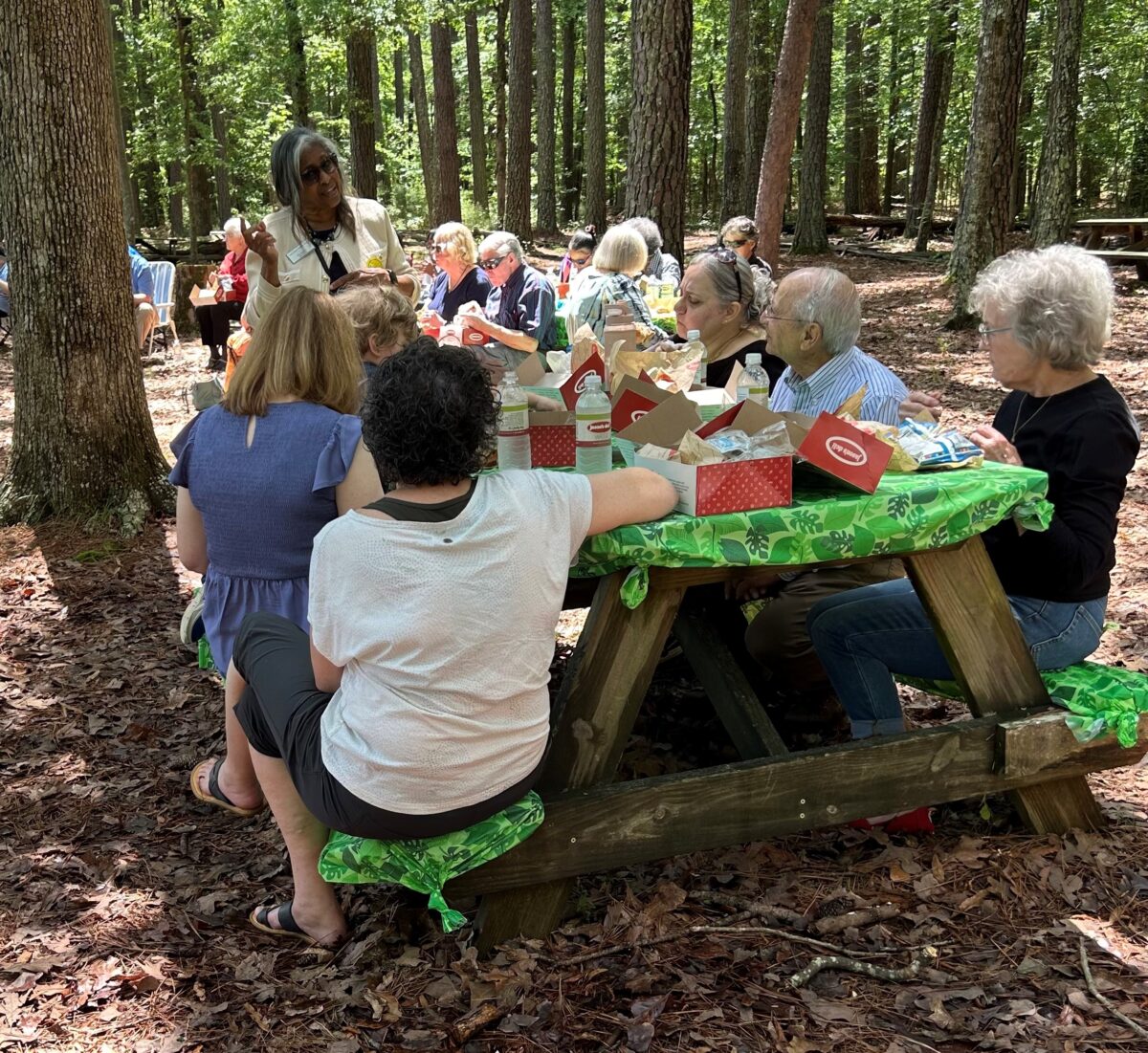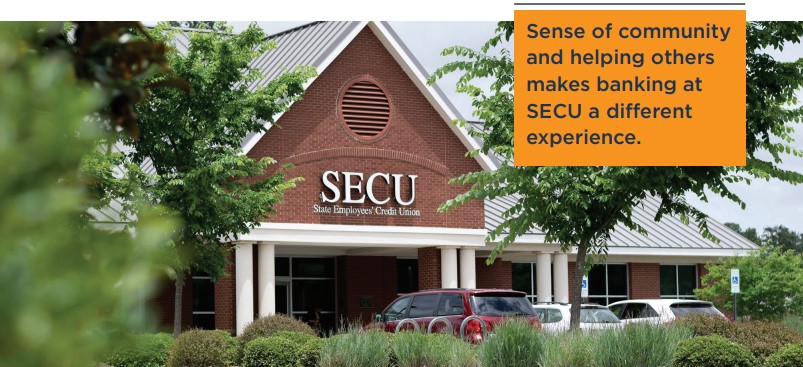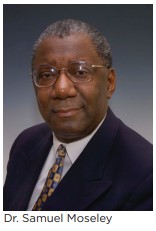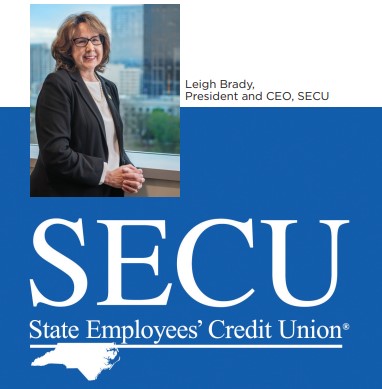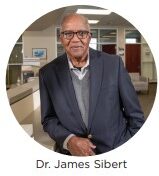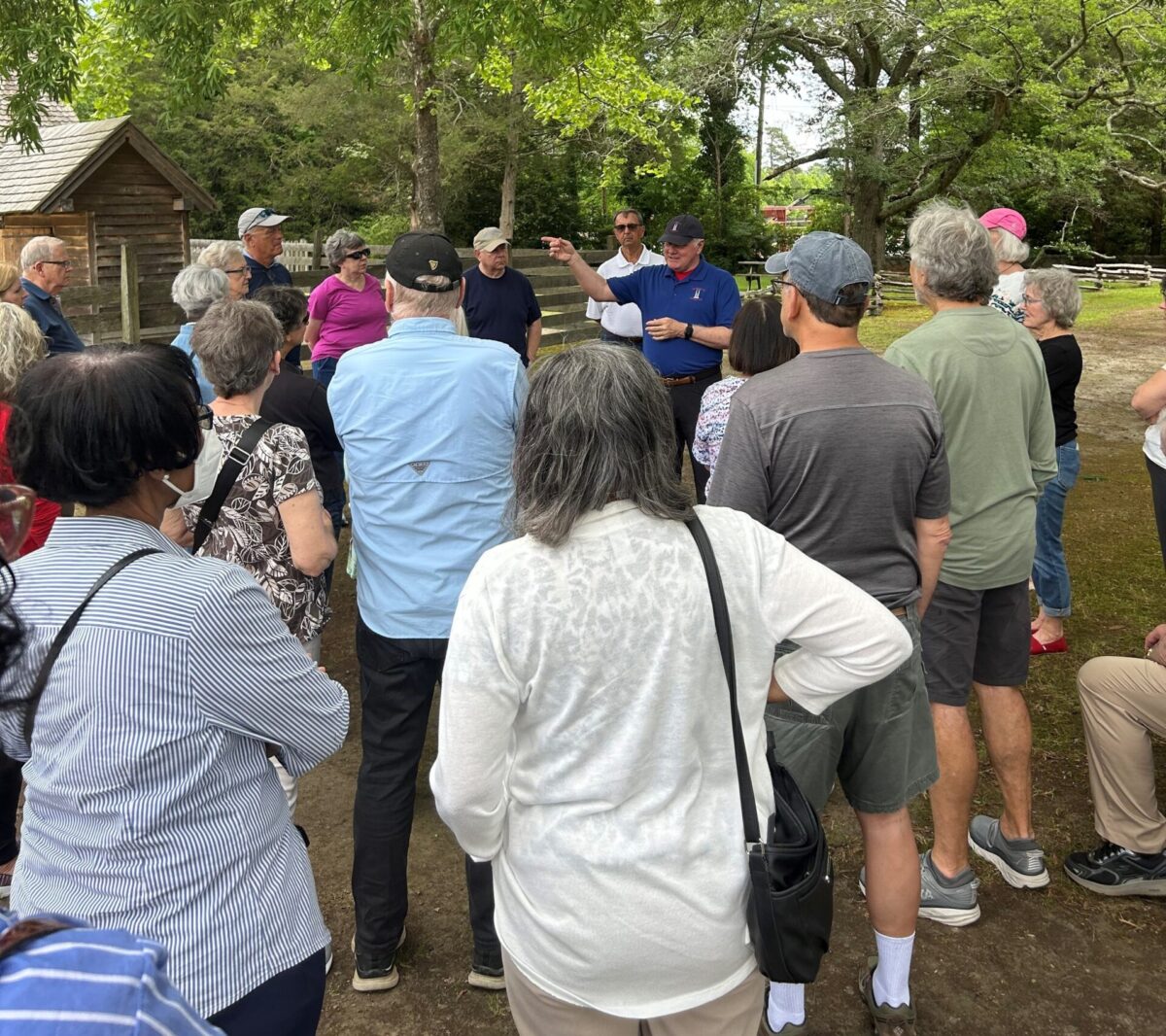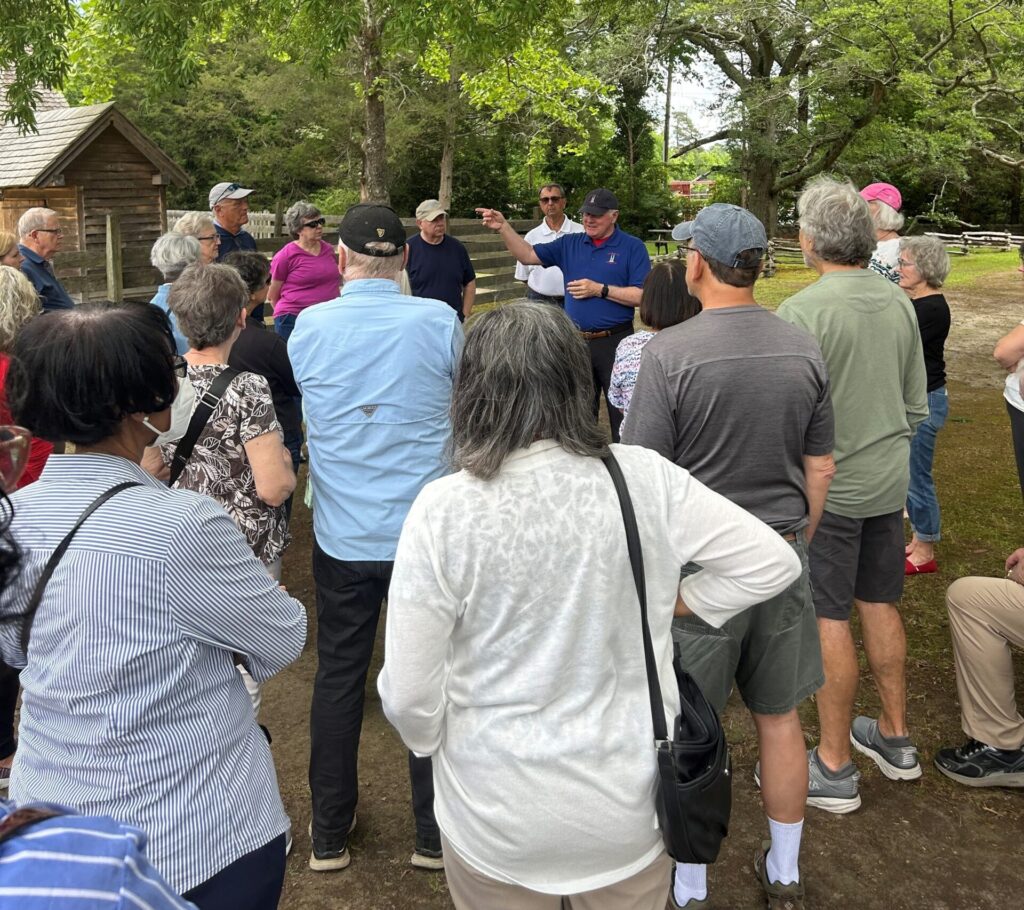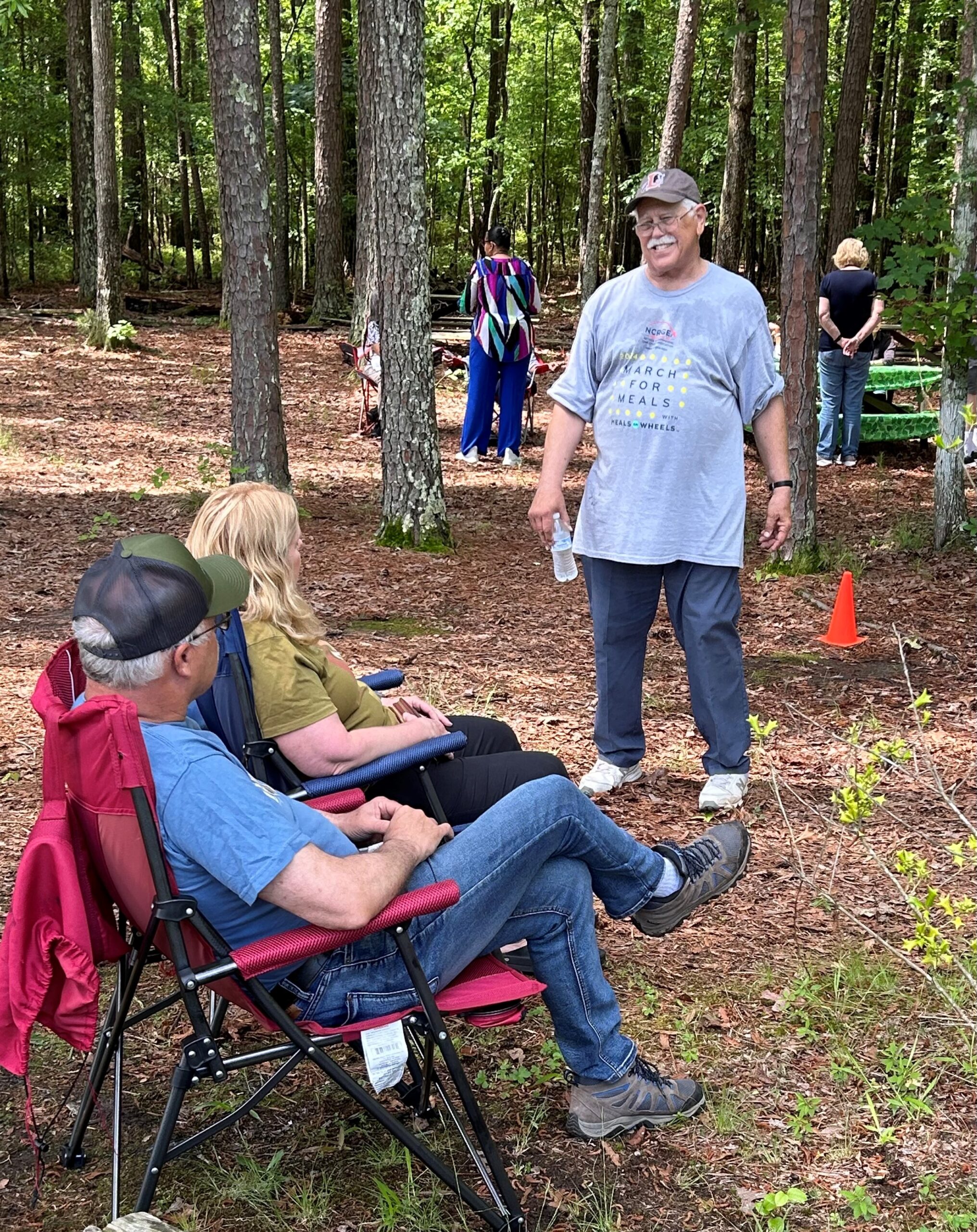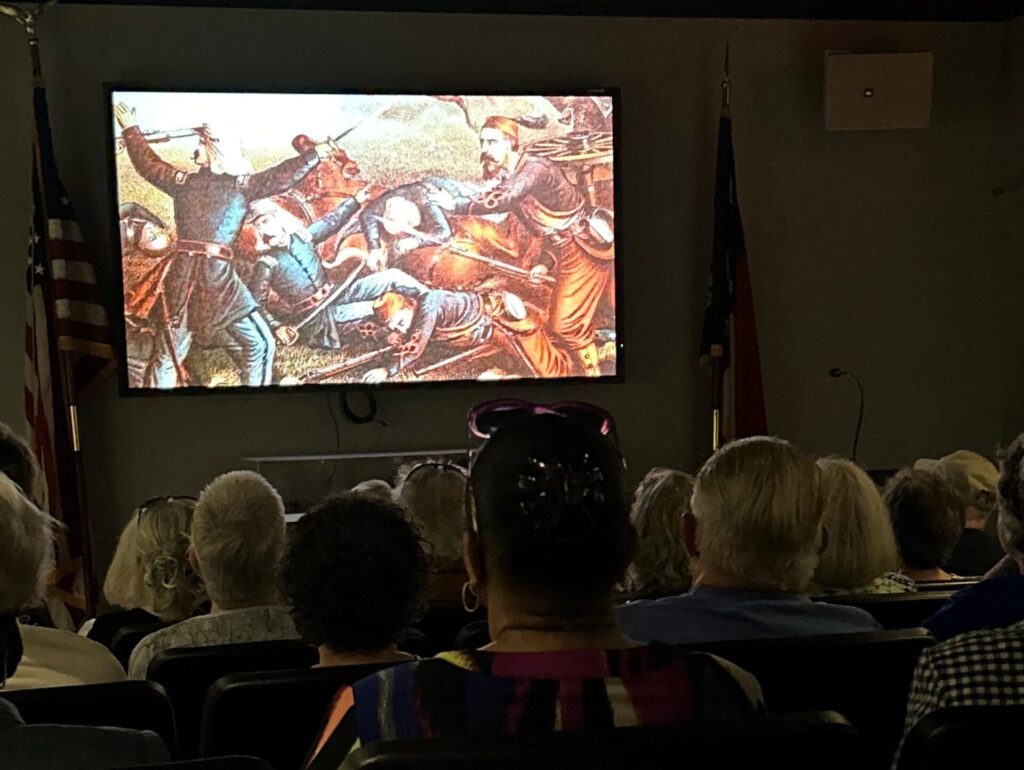Aging Well in North Carolina
by Deryl Davis Fulmer, PhD | Spring 2024 Living Power Magazine
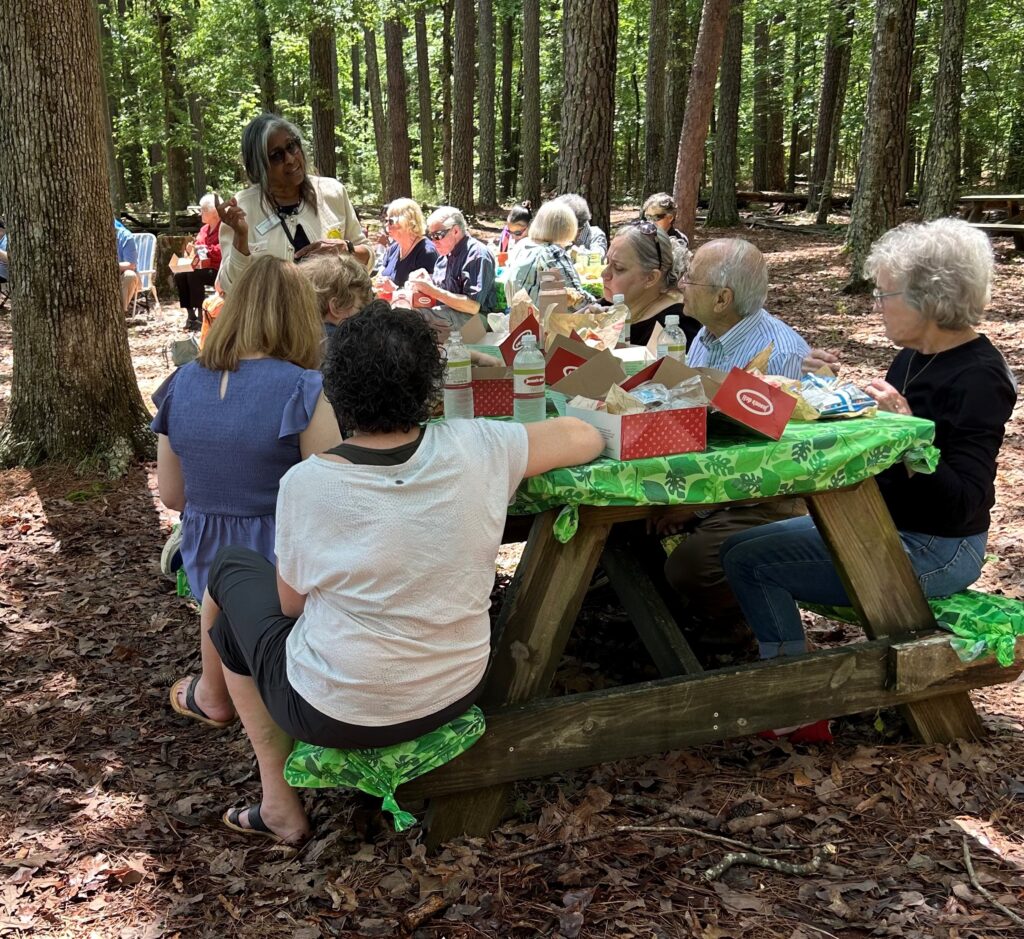
I don’t know if you have heard, but North Carolina’s aging population is growing! The U.S. Census Bureau projects that by 2040, North Carolina will be home to 2.7 million adults 65 years and older, a 52% jump from 2020 data showing 1.8 million older adults in the state. With advancements in healthcare, people are living longer and seeking not just longevity but a fulfilling quality of life. NCRGEA is working with the General Assembly, the North Carolina Coalition on Aging, and other organizations to help make North Carolina the best place to live and age.
Virtual Lunch & Learns are held monthly on Wednesdays from 12:30 to 1:30 p.m. Through this virtual webinar series, NCRGEA brings pertinent information into your homes to help you stay current on important activities and topics that affect your lives as retirees. We began these webinars last June, launching our series with the presentation “Aging Un-Lonely” by Dr. Megan Smith with UNC-Charlotte, Rebecca Freeman from the N.C. Department of Adult and Aging Services, and Dr. Cheryl Greenberg with AARP.
Since then, we have held 11 sessions, including three sessions from the Social Security Administration and three sessions from the NCRGEA on our 2024 legislative and advocacy priorities, the LGERS pension, as well as the briefing “The Letter,” on how to organize your last wishes to help ensure they are fulfilled. Our friends at the State Employees Credit Union gave a session on estate planning. Earlier, Aetna and the State Health Plan gave a session on Aetna’s role as the third-party administrator starting in 2025, and our partner AMBA presented two sessions, one on your free benefit, the Passport Saving program, and one on long-term care plans. To help you with your taxes, the NC Department of Revenue presented a session on preparing your state income taxes in February. Humana just presented their “Battling the Aging Brain” webinar.
These webinars have been well received, with more than 2,000 members and others attending them.
You can view most of these webinars by visiting our NCRGEA YouTube channel. Due to the presenter’s guidelines, some webinars were not recorded.
Stay tuned for Lunch & Learn webinars on Caregiver Support, Alzheimer’s, De-Prescription, and many more. If you have an idea for a presentation for this series, please reach out to me at Deryl@ncrgea.com.
Meals on Wheels’ March for Meals Champions Week was a great success again this year as NCRGEA signed up more than 170 volunteers during the week of March 18th-22nd to help pack and deliver meals for people all across the state needing these services.
As a token of our gratitude, NCRGEA sent folks who signed up t-shirts to wear while volunteering. If you are still interested in volunteering with Meals on Wheels, please reach out to your local Meals on Wheels and sign up. Many NCRGEA members volunteer throughout the year.
Comments such as this one from P. Britton says it all, “I have been delivering meals since I retired. It is a very rewarding experience for me. I have always loved my people on my route, and I am always sad when I lose a person, but then I become close to my new ones. I hope many others will join Meals on Wheels wherever they are.”
NCRGEA and Meals on Wheels stand together to address the growing need for food in North Carolina. A big THANK YOU to each of you who participated and or donated! We are grateful for your service as you continue to be active and engaged in your communities!
The Community Advisory Boards (CABs) are up and running in all nine districts. Each of the CABs have Chairs and /or Co-chairs who are ready and willing to work to enhance retirement across the state. I am excited to announce the following individuals who have volunteered to serve in this role. They are:
- District 1: Angelina Spencer
- District 2: Debbie Cox
- District 3: Lisa Ward
- District 4: Ed McBride
- District 5: Elijah Freeman and Darlene Spellman
- District 6: A. Leon Miller
- District 7: Earl Moore
- District 8: Phyllis Fulton and Gary Ackley
- District 9: Sallie Price
Some of the districts have already begun working on in-person activities for members to participate. Examples include, an event is being planned in District 4 to visit the historical Bennett Place in Durham. In District 3, plans to partner with a Food Bank and to set up monthly lunchtime talks for members to connect have stared, and in District 2, plans are underway to schedule a walk in Pilot Mountain to get to know one another and to have some fun!
Thanks to the chairs/co-chairs for their excitement and energy to get these activities off the ground! Please stay tuned for activities in your respective localities as we work together to keep everyone active, engaged and informed.
Check out our website at www.ncrgea.com and NCRGEA Facebook page to stay up-to-date! As always, if you have any questions or suggestions, please do not hesitate to reach out to me at Deryl@NCRGEA.com



